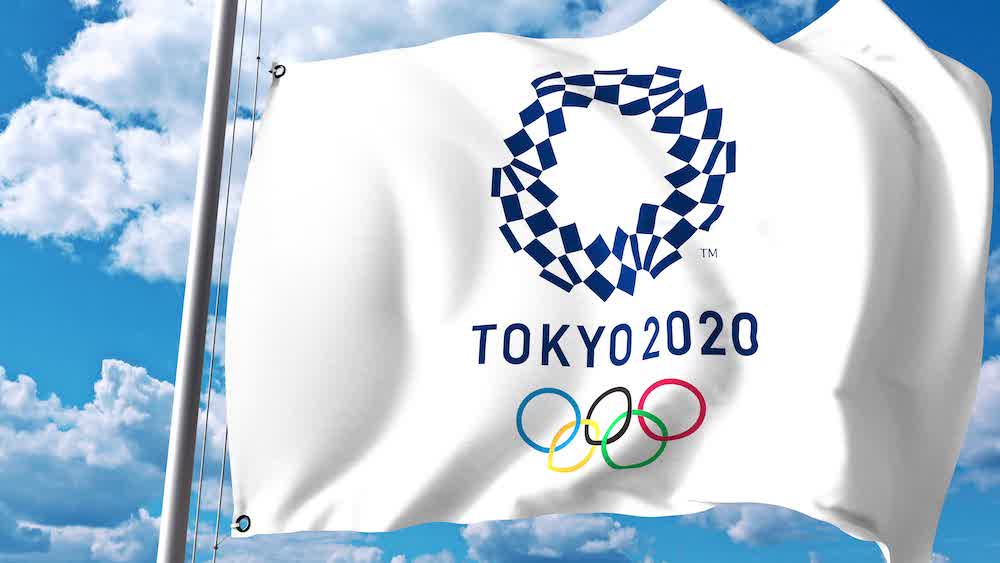
Japan reported more than 3,000 new coronavirus cases this past Wednesday, the highest level in over two months and experts fear this is a sign of a fourth wave of infections in the country.
What does this mean for the 2020 (now 21) Summer Olympic Games, due to start in 15 weeks?
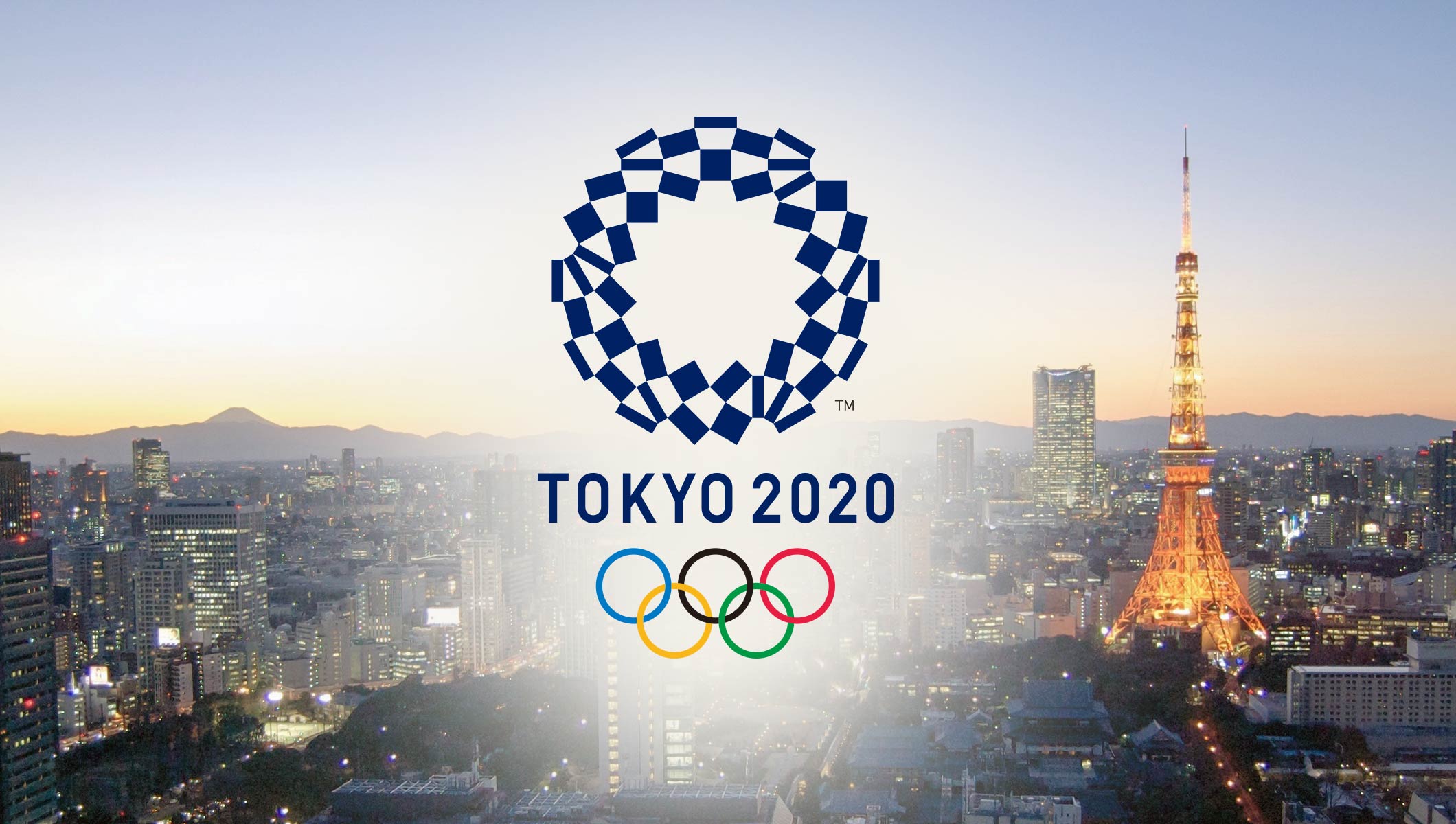
Already the Olympic Torch relay is underway yet has been diverted to not pass through Osaka in 4 days as the prefecture is now deemed to be in a state of emergency. So how does Tokyo planned to be ready to accept athletes from all corners of the globe in July?
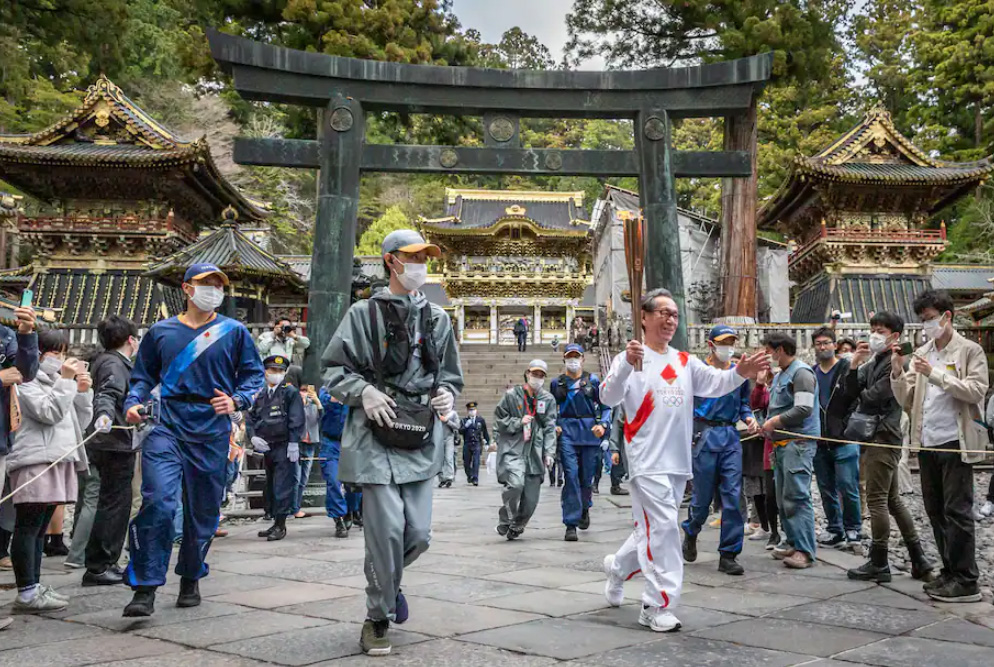
Though Japan’s public approval has waned in regards to their country opening its borders to international athletes and their teams, with no plan B, the IOC is adamant the Olympic Games will go ahead in July. Postponing again is not an option. Not just because Japan has spent billions of dollars to host these Games, but because the IOC is already turning its attention to the 2022 Winter Games in Beijing, scheduled to begin just six months after the Tokyo Olympics.
The IOC, however isn’t just living on a prayer. Strict parameters are being put in place for the athletes and they have requested countries limit their personnel to essentials only. While athletes and other attendees will not need to quarantine upon entering Japan, they will take a Covid test within 72 hours of leaving their home country.
It was initially stated that vaccines would not be a requirement to compete at these Olympics as IOC officials did not want vaccines to be taken from the groups who needed them most. Since then the Chinese Olympic Committee has offered vaccines to all 2021 athletes, so it is hoped the athletes will have their inoculations.
 Even so, ALL athletes will receive a “playbook” outlining protocols and restrictions which include being barred from public transportation or doing any sight-seeing and visiting any non-Olympic sites. Masks will not be required for training, eating, sleeping, being outside where the 2 meter rule can be applied or during competition, but will be mandatory for any other occasion. Athletes will not staying in an Olympic Village as usual and will be required to depart the country after their competition has concluded.
Even so, ALL athletes will receive a “playbook” outlining protocols and restrictions which include being barred from public transportation or doing any sight-seeing and visiting any non-Olympic sites. Masks will not be required for training, eating, sleeping, being outside where the 2 meter rule can be applied or during competition, but will be mandatory for any other occasion. Athletes will not staying in an Olympic Village as usual and will be required to depart the country after their competition has concluded.
Covid testing will be continuous, happening each 4 days and athletes will log all health updates into a smartphone app. Of course any athlete testing positive will not be allowed to compete and must immediately begin isolation.

The big blow to the tourism side of the Olympics came in March when it was ruled that only Japanese spectators would be allowed to attend the Games in Tokyo. Almost 1 million tickets to the various competitions had already been sold abroad. They will be refunded. The decision to exclude foreign spectators was made, of course for safety, which cant be a good sign for general tourism.
No, no it’s not.
It is being projected that the absence of overseas spectators at the Olympics and Paralympics will create a loss of approximately US$643 million from what the Tokyo Summer Olympics was projected to bring in. However, Japan, where vaccines have only just begun to roll out, is not allowing economy to supersede safety. Yet.
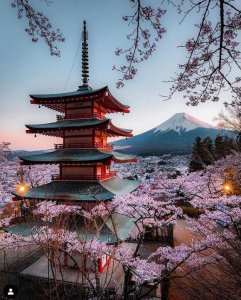
Travel bans on 152 countries remain in effect indefinitely therefore most foreigners, even those with residency in Japan or Japanese nationals who have been to countries on the entry ban list within 14 days of their arrival home to Japan, will be turned away at the border. Visa exemptions have also been suspended for those who are allowed into the island nation.
Mandatory quarantines at government designated locations are required for the few entering Japan and no public transportation can be used for 14 days after arrival.
Will this change any time soon? Probably not. Not allowing international tourists for the Olympics means not allowing them for a while. But Japan does have an extensive tourism roll-out plan.
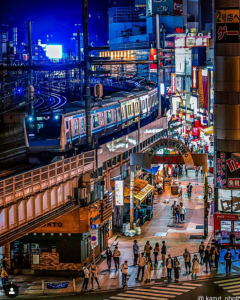 The first people who will eventually be allowed back into Japan are it’s, foreign residents (with quarantine and testing requirements). Following that, entry for businesspeople and students from 10 countries including China, Australia, Brunei, New Zealand, Singapore, Thailand, and Vietnam (all countries with low active case counts) will be allowed.
The first people who will eventually be allowed back into Japan are it’s, foreign residents (with quarantine and testing requirements). Following that, entry for businesspeople and students from 10 countries including China, Australia, Brunei, New Zealand, Singapore, Thailand, and Vietnam (all countries with low active case counts) will be allowed.
From there, Japan will begin to allowing extended stays for business travelers and international students and after all of this has been tried and proven to not put the country’s residents in jeopardy, the government will gradually lift Japan’s travel ban to foreign tourists.
Anyone who does visit Japan will be required to download the health management app, obtain a pre-departure negative test certificate and upon entering the country be required to take another rapid PCR test.
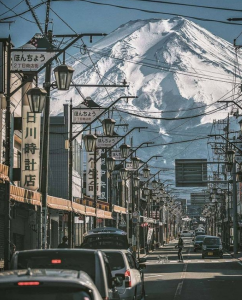 If the arrival test comes back positive the traveler will be required to take out private medical insurance (or leave the country). If the test is negative a quarantine is not required however, they’ll be required to report their health status through the health management app for 14 days after entering Japan.
If the arrival test comes back positive the traveler will be required to take out private medical insurance (or leave the country). If the test is negative a quarantine is not required however, they’ll be required to report their health status through the health management app for 14 days after entering Japan.
It is worth noting that this program began development last fall, and its debut was expected before the vaccine rollout began.
Since the rollout, Japan is tossing around the idea of vaccine passports. This is a turn-around from its previous opposition to the vaccine passport system out of fears of discriminating against those who cannot be inoculated.
Either way, Japan has one or more extensive systems ready to implement. How long until they choose to implement their systems will depend on many factors, but with no foreign spectators allowed to watch the Olympics live, hopeful visitors are aiming to visit the country at the height of the fall colors (November) at best, with disillusioned wannabe tourists feeling uncertain they will even be allowed into the country before cherry blossom season, March next year.
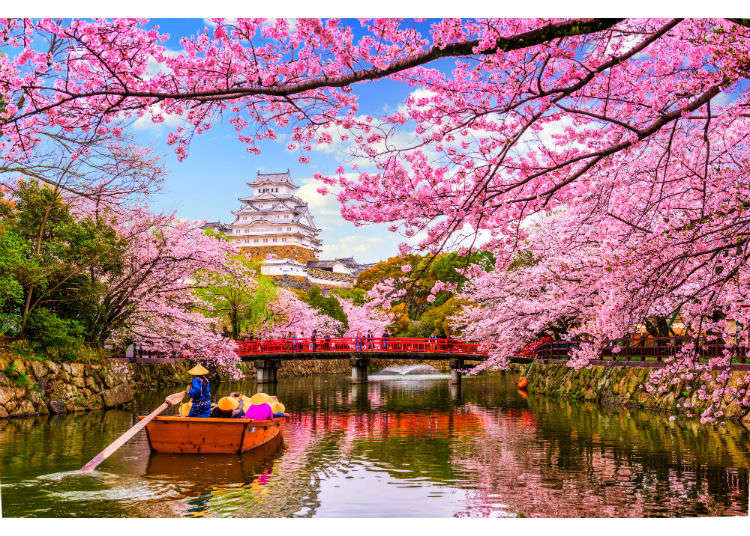
Watch this space as the tourism roll-out begins and we can give more of an idea as to when you should start exchanging your cash for yen!
Be sure to check out our vlog The Go To Family. Connect with us on Instagram, Twitter, and Pinterest !



